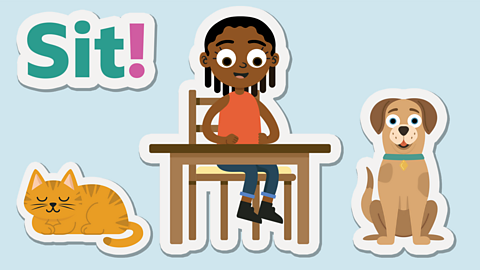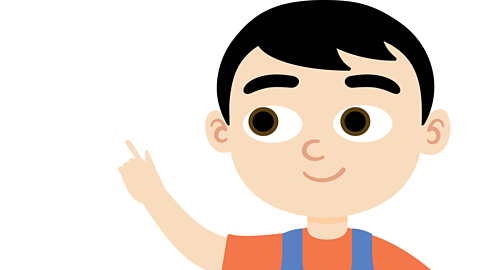
What are conjunctions?
Conjunctions are joining words that link two parts of a sentence together.
Some examples include:
- because
- and
- or
- but

Using 'because' in writing
Learn more about using conjunctions in your writing with Ms Williams.
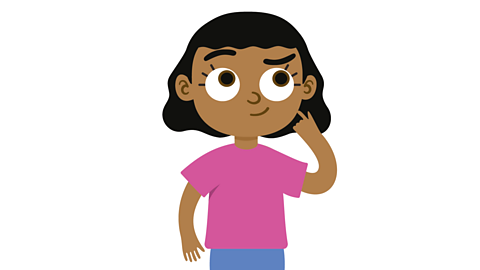
What is a clause?
A clause is a group of words that go together that make up parts of sentences.
A clause must have a subject and a verb.
A conjunction can be used to join clauses together in a sentence.
For example:
Lewis smiled
The park was fun
You can add the conjunction ÔÇśbecauseÔÇÖ in between these clauses so the sentence reads:
Lewis smiled because the park was fun!

What are subordinate conjunctions?
When you add conjunctions to a sentence, they create a subordinate clause.
A subordinate clause is a group of words that add more information to the clause you've already got.
You can spot a subordinate clause because it is often linked to the main clause by one of these conjunctions:
- as
- after
- although
- before
- because
- if
- which
- when
- that
- until
For example:
Sammy had fun as he played with the ball.
'Sammy had fun' is the main clause and the subordinate clause is 'as he played with a ball'.
Watch: Subordinate conjunctions
Find out how to join sentences together using words like 'because' and 'when'.
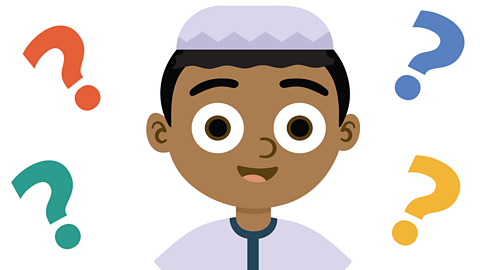
Activity 1
The word 'because' is a very important conjunction.
It is a subordinate conjunction and it is used to explain why something has happened.
For example:
Jayati wore a scarf because it was cold outside.
By using the conjunction 'because', we know the reason for JayatiÔÇÖs actions.

Copy out these sentences and finish them by completing what comes after 'because'.
Amir laughed loudly because ÔÇŽ
Charlotte put on her shiny shoes because ÔÇŽ
Jackson rubbed his eyes because ÔÇŽ
The lion lay down low in the tall grass because ÔÇŽ
The footballer fell to the floor because ÔÇŽ
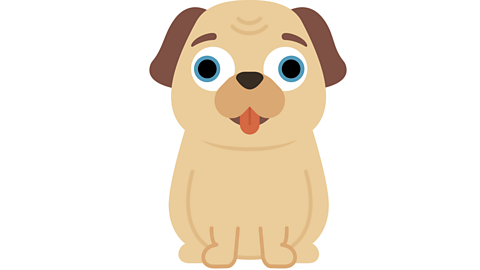
Activity 2
Choose five different animals.
Write a sentence for each animal that uses the word 'because' to explain their actions.
For example:
The dog was very cute because it has big, blue eyes.

More on Grammar
Find out more by working through a topic
- count8 of 15
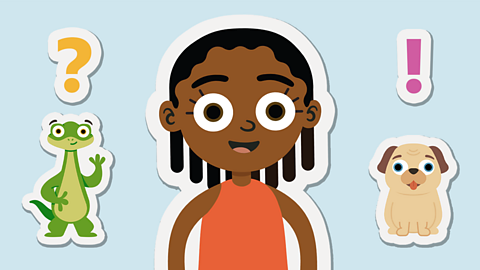
- count9 of 15
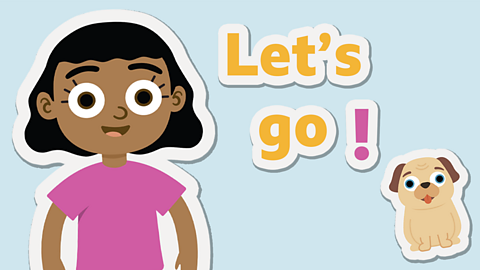
- count10 of 15
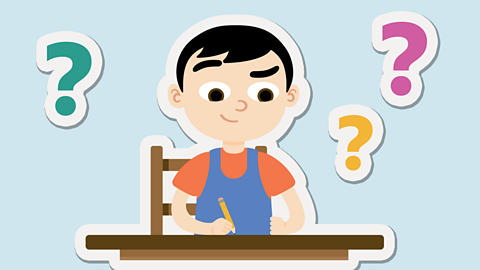
- count11 of 15
